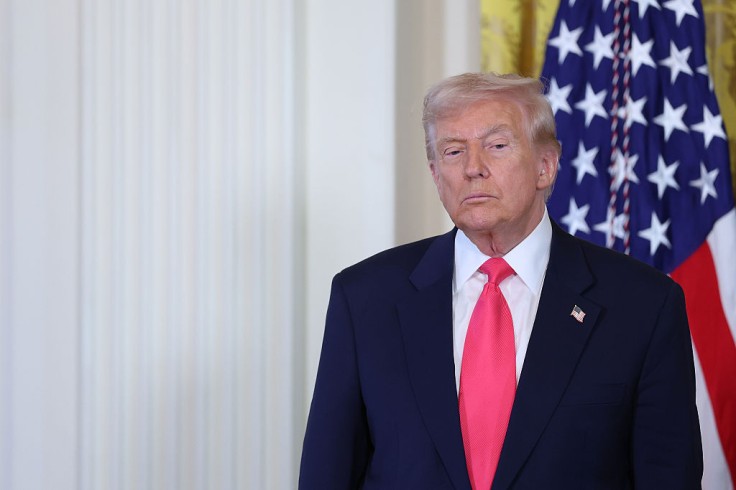United States President Donald Trump signed another executive order on Friday, cutting back on tariffs on U.S. food imports amid concerns of rising costs.
The food imports affected by the new order include beef, tomatoes, coffee, and bananas. The new exemptions will take effect retroactively at midnight on Thursday and mark a sharp reversal for the Republican's efforts.
Trump's New Executive Orders
Trump has long insisted that his efforts have not resulted in a rise in inflation. The latest development comes amid a string of victories for Democrats in state and local elections in Virginia, New Jersey, and New York City, where affordability has been a key topic for many lawmakers.
The president also claimed on Truth Social that "costs under the TRUMP ADMINISTRATION are tumbling down." He also said that there is no inflation, unlike the Biden era, when the U.S. did not have tariffs.
The White House said in a fact sheet that Trump was working to strengthen the country's economy and national security. This was being done by modifying the scope of the reciprocal tariffs, according to The Guardian.
Read more: Government Shutdown Threatens Childcare Services for Many Families Across the United States
It added that, with the substantial progress in reciprocal trade negotiations, it was not necessary and appropriate to modify the scope of the reciprocal tariffs even further. When Trump imposed a 10 percent base tariff on imports from every country, he upended the global trading system.
The orders on Friday also follow an announcement of a deal to cut U.S. tariffs on Switzerland from 39 percent to 15 percent as part of a new trade pact and framework trade deals. These will eliminate tariffs on certain foods and other items that are imported from Argentina, Ecuador, Guatemala, and El Salvador.
Lowered Tariffs on Food Imports
Many of the commodities that will have reciprocal tariffs removed are the ones that have seen the largest price jumps since Trump took office. This was partly due to the tariffs he imposed and a lack of sufficient supply domestically, CNN reported.
One example of this is Brazil, which faced tariffs of 50 percent since August. Because of this, American consumers paid nearly 20 percent more for coffee in September compared to the year before.
White House spokesman Kush Desai said that the Trump administration is committed to pursuing what he called a "nimble, nuanced, and multi-faceted strategy on trade and tariffs."
In recent days, the president has focused on the issue of affordability while still insisting that any higher costs were a result of policies that were enacted by former President Joe Biden, as per USA Today.
